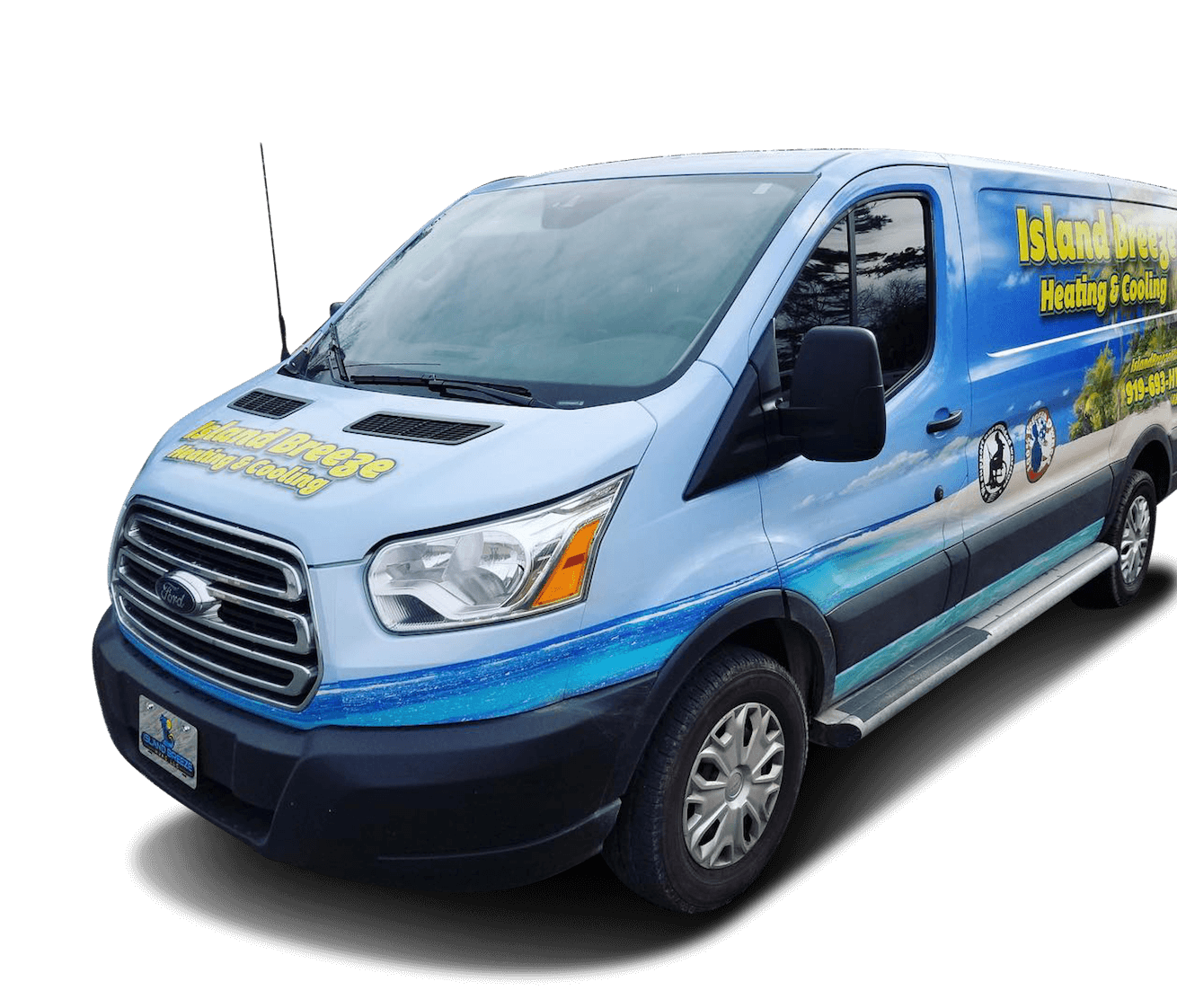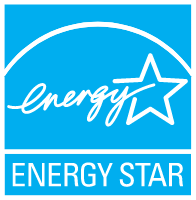Furnace Replacement

Furnace Installation & Replacement in Raleigh, NC
In the face of Raleigh's winter chill, ensure your home remains a haven of warmth with a reliable heating system. Whether you're considering an upgrade or ready to schedule a service, Island Breeze HVAC LLC is your trusted partner for replacing and installing a new gas, electric, or oil furnace. Our expert technicians simplify the entire process—sizing, selecting, installing, and maintaining your new furnace for stress-free services.
From start to finish, you’ll work with a dedicated team that provides personalized recommendations and answers all your questions. Choose Island Breeze HVAC LLC for your furnace replacement needs and experience a seamless transition to enhanced comfort. Contact us today to get started!

Things to Consider Before a Furnace Replacement or Installation
Purchasing a new furnace is a decision that will impact your Raleigh, NC, home for years to come. You want to make the right choice in terms of furnace cost and sizing, efficiency and long-term performance. Before you decide on a new system, there are several factors to consider.
Determine which size furnace works for your home.
Furnace sizing, measured in BTUs (British Thermal Units), is crucial because it affects the unit's ability to heat your home efficiently. A furnace that's too large will cycle on and off more frequently, while a furnace that's too small won't adequately heat your home. You'll need to choose a furnace with the right capacity for your home's size, insulation levels and climate.
Check energy efficiency ratings.
Efficiency is measured by the Annual Fuel Utilization Efficiency (AFUE) rating. A high rating indicates more efficient fuel use and lower energy bills. Higher efficiency furnaces may cost more upfront but can save you money in the long run through lower utility bills. Consider how long you plan to stay in your home to decide on the efficiency level that makes the most sense for you.
Evaluate the condition of existing ductwork.
Existing ductwork should be evaluated for leaks and insulation before installing a new furnace. Ductwork issues can cause uneven heating, high energy bills and reduced furnace efficiency. Make sure that any issues are repaired to set your new furnace up for success. This can affect your overall budget and should be considered in the planning stage.
Decide on a fuel type.
There are several types of fuel available for furnaces, including natural gas, propane, oil or electricity. The type of fuel can affect operating costs, efficiency and installation costs. Choosing a type of fuel usually depends on the availability and cost in your area, as well as gas lines and electrical service. Natural gas and electricity are the most common furnace fuels for Raleigh, NC, area homes.
Consider your budget and all potential costs.
When you evaluate your budget, consider both the short-term and long-term costs. Your budget may include ductwork repairs, the price of the furnace, installation costs and operating costs down the road. You may also consider financing options to alleviate upfront costs and a maintenance plan to protect your investment.
Benefits of New Heating Systems
Replacing your home's broken down or outdated heater is a chance for a major comfort upgrade. With advancements in safety and efficiency, a new heating system can take your heating to new heights.
Some of the ways a new heating system benefits your home include:
- Improved Energy Efficiency - Strict energy standards and new technology make efficient heating systems more accessible than ever. Newer systems use less fuel to produce the same amount of heat as older models, helping you save on utility costs.
- Enhanced Comfort - Modern heating systems often come with improved thermostats and control systems, allowing for more consistent heat distribution and precise temperature control. Eliminating cold spots and uneven temperatures helps your home stay consistently cozy.
- Reduced Maintenance Costs - Newer technologies and materials mean more durability and fewer heating breakdowns. Many new systems also come with warranties that cover unexpected repairs. Any heating system will need routine maintenance, but newer systems help you save with fewer and less costly repairs over time.
- Environmental Benefits - By consuming less energy, newer, more efficient heating systems reduce greenhouse gas emissions. Energy-efficient heaters—especially those that run on renewable energy sources—can help mitigate your home's impact on the environment.
Types of Furnaces Available
Island Breeze LLC installs gas, electric, and oil furnace options to meet your home's unique heating needs. No matter the brand, make, size, or fuel type, we ensure safe installation for lasting performance.
Gas Furnaces
- Ideal for homes with access to natural gas lines.
- Offer efficient heating and consistent performance.
- Reliable and quick to warm up the home.
- Advancements in technology make them more energy-efficient.
- Suitable for climates with cold winter spells, like Raleigh, NC.
Electric Furnaces
- Perfect for homes without access to natural gas lines.
- Easy to install and maintain.
- Utilize heating elements to distribute warmth evenly.
- Offer consistent performance.
- Suitable for areas with milder climates like Raleigh, NC.
Oil Furnaces
- Common in areas without natural gas service.
- Provide reliable heating and can be cost-effective.
- Use oil as fuel, stored in a tank on the property.
- Require more maintenance but offers efficient heating.
- Ideal for keeping homes warm even in the coldest weather conditions.
Furnace Replacement FAQS
How much does a new furnace cost?
The cost of a new furnace can vary depending on factors such as size, efficiency, and brand. On average, expect to pay between $2,500 to $7,500 for a standard installation in Raleigh, NC.
What size furnace do I need for my home?
The size of the furnace needed for your home depends on factors such as square footage, insulation, and climate. It's best to consult with a professional HVAC technician who can perform a load calculation to determine the appropriate size for optimal efficiency and comfort.
How long does it take to install a furnace?
The timeframe for furnace installation typically ranges from 4 to 10 hours, depending on the complexity of the installation, existing ductwork, and any additional modifications needed. A professional HVAC technician can provide a more accurate estimate based on your specific situation.
Can I replace my furnace myself or do I need a professional?
While it's possible to replace a furnace yourself, it's highly recommended to hire a professional HVAC technician for safety, efficiency, and warranty reasons. Professionals have the expertise and tools necessary to ensure proper installation and compliance with local codes and regulations in Raleigh, NC.
What is the average lifespan of a furnace?
The average lifespan of a furnace is typically between 15 to 20 years with proper maintenance. However, factors such as usage, maintenance, and quality of installation can impact its longevity. It's important to schedule regular maintenance and inspections to prolong the life of your furnace.

Our Services



